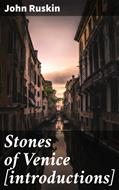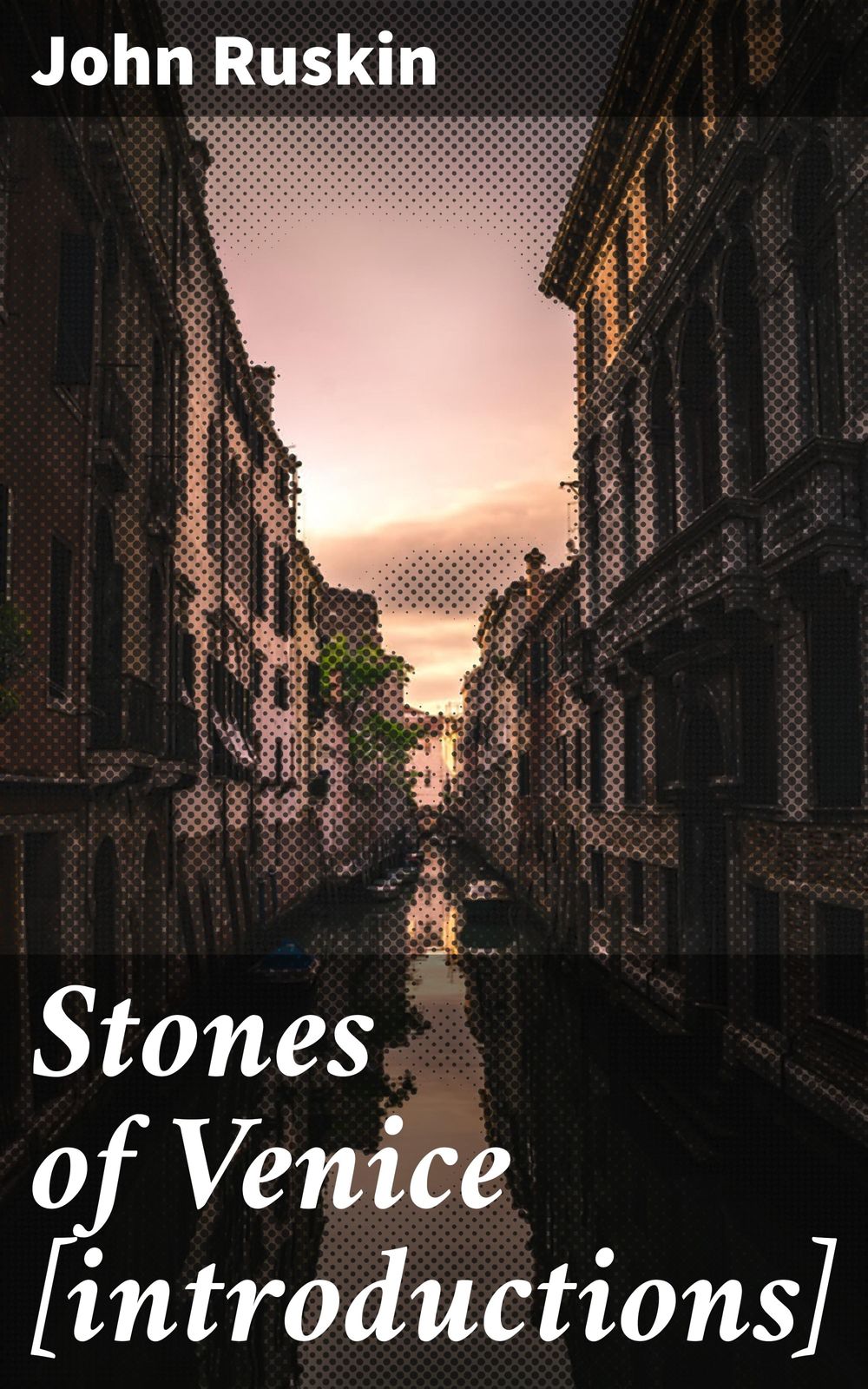Stones of Venice [introductions]
In "Stones of Venice," John Ruskin presents a profound exploration of the architectural grandeur and moral significance of Venetian structures. Written in an evocative prose style that seamlessly blends art criticism with social commentary, Ruskin delves into the intricate relationship between architecture and the human experience. His work is deeply embedded within the context of the Victorian era, responding to the rapid industrialization of his time while advocating for a return to craftsmanship and moral integrity in art. The three-volume series meticulously examines the Gothic style, celebrating its beauty while critiquing contemporary design that, in his view, lacks authenticity. John Ruskin (1819-1900), an influential art critic, social thinker, and philanthropist, was profoundly shaped by his early exposure to art and literature. His travels throughout Europe, particularly to Italy, deepened his appreciation for the aesthetic values of the past, prompting him to reflect critically on the relationship between society, art, and morality. His passion for architecture was not only rooted in aesthetics but also in a broader philosophical discourse about the moral responsibilities of artists and craftsmen. "Stones of Venice" is essential reading for anyone interested in the intersections of art, architecture, and societal values. Ruskin'Äôs insights challenge the reader to reconsider the implications of design and aesthetics in their own context, making it a timeless text that resonates with contemporary discussions on cultural heritage, craftsmanship, and ethical creation.
-
Autore:
-
Anno edizione:2019
-
Editore:
-
Formato:
-
Lingua:Inglese
Formato:
Gli eBook venduti da Feltrinelli.it sono in formato ePub e possono essere protetti da Adobe DRM. In caso di download di un file protetto da DRM si otterrà un file in formato .acs, (Adobe Content Server Message), che dovrà essere aperto tramite Adobe Digital Editions e autorizzato tramite un account Adobe, prima di poter essere letto su pc o trasferito su dispositivi compatibili.
Cloud:
Gli eBook venduti da Feltrinelli.it sono sincronizzati automaticamente su tutti i client di lettura Kobo successivamente all’acquisto. Grazie al Cloud Kobo i progressi di lettura, le note, le evidenziazioni vengono salvati e sincronizzati automaticamente su tutti i dispositivi e le APP di lettura Kobo utilizzati per la lettura.
Clicca qui per sapere come scaricare gli ebook utilizzando un pc con sistema operativo Windows
![Stones of Venice [introductions]](https://www.lafeltrinelli.it/images/4057664603074_0_0_536_0_75.jpg)


![Stones of Venice [introductions]](https://www.lafeltrinelli.it/images/4057664603074_0_0_424_0_75.jpg)
